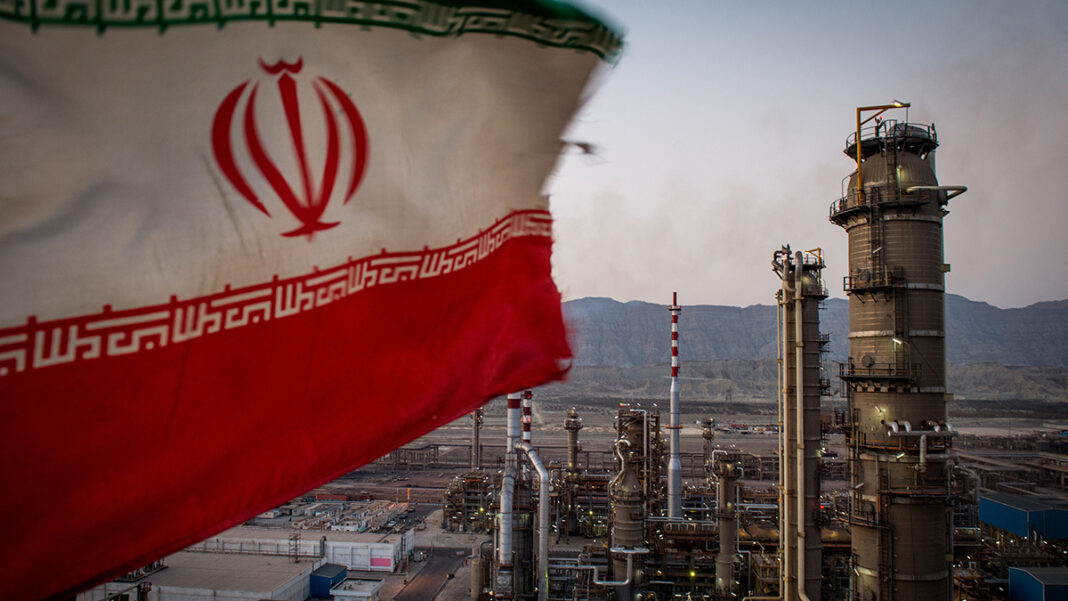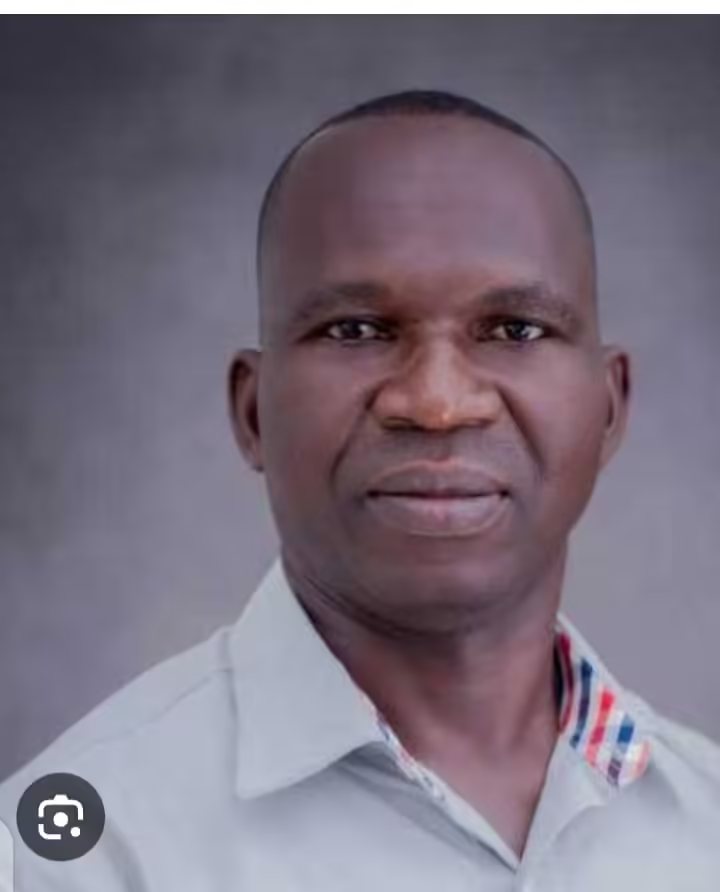At the Summit on Peace in Ukraine, European Council President Charles Michel delivered a powerful speech emphasizing the importance of international law and unity in the face of Russian aggression. His address highlighted four key points that are crucial for achieving a ‘just peace’ in Ukraine.
International Law and the UN Charter
President Michel began by stressing that international law and the UN Charter should form the foundation of peace in Ukraine. “Whatever our continent, history, religion or skin colour, we all share the same guiding compass. This is the UN Charter and its principles of sovereignty, territorial integrity, human dignity and the right to self-defence,” he stated, emphasizing the universal nature of these principles and the need for their global enforcement.
The Aggressor and the Victim
Highlighting the nature of the conflict, Michel was unequivocal about the roles of the involved parties. “This war has one aggressor, Russia, and one victim, the people of Ukraine. They have the right to defend their children, their homes and their communities,” he declared. He emphasized the collective duty of the international community to uphold a world order based on legal principles.
Michel condemned the broader implications of the war, calling it “an attempt to drag us all back to a darker past, a world of nuclear confrontation and major food insecurity.” He warned against the dangers posed by Russia’s actions, including the unacceptable and irresponsible threats of nuclear weapon use. “Russia’s reckless actions are driving up the risk of a nuclear incident, which would have consequences for the entire world,” he cautioned, praising the efforts of the IAEA and its Director General Rafael Grossi in mitigating these risks.
No Double Standards
In his third point, Michel argued against the application of double standards in international law. “International law must be protected always and everywhere, without ambiguity – in Ukraine, in the Middle East and throughout the world. This is our global responsibility,” he asserted, calling for consistent application of these laws across all regions.
Future Dialogue and Global Response
Concluding his speech, Michel spoke about the necessity of dialogue for future peace, with strict adherence to international law and the UN Charter as its basis. He asserted, “Any future dialogue with Russia must be based on international law and the UN Charter. And it is up to Ukraine to decide when this may be possible.”
Michel emphasized that the war in Ukraine represents a direct attack on the global rules-based order, necessitating a global response. “We all have a choice to make. Do we let the world slide backwards, or do we stand strong and go forward in the direction of international law, fundamental principles and the UN Charter?” he questioned, before affirming the EU’s commitment. “We have made our choice. The future is in our hands. You can count on the EU,” he concluded.




